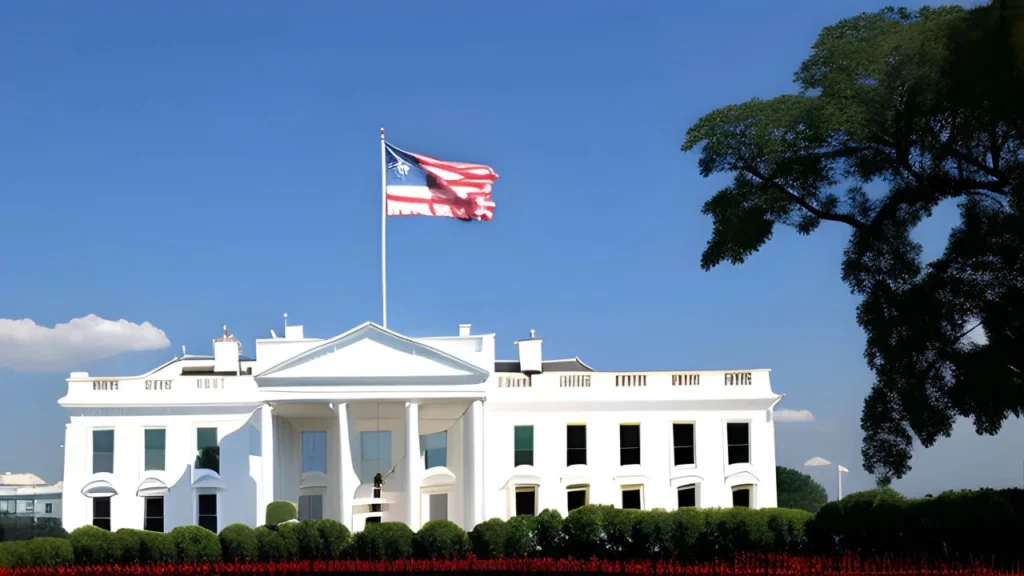
In a dramatic turn of events, Congress has successfully passed a last-minute funding bill, averting a potential government shutdown that could have disrupted federal operations across the United States. The bipartisan agreement comes after intense negotiations among lawmakers, ensuring that essential services remain operational while discussions for a long-term budget plan continue.
The Last-Minute Deal
As the clock ticked down toward the deadline, Congress worked tirelessly to craft a compromise that could satisfy both sides of the political aisle. The funding bill, which has been described as a “stopgap measure,” will keep the government funded for an additional few months, providing lawmakers the necessary time to negotiate a more comprehensive budget.
This last-minute deal comes in the wake of rising tensions and deep divisions among lawmakers regarding spending priorities. With various factions within Congress pushing for drastically different budgetary approaches, the urgency of a shutdown loomed large, threatening vital government services and benefits.
Implications of the Funding Bill
The newly passed funding bill will ensure that federal employees continue to receive their paychecks, and critical services such as Social Security, Medicare, and defense operations will remain intact. The agreement also includes provisions for emergency funding in response to natural disasters, which has been a pressing concern for many states affected by recent extreme weather events.
However, the bill does not resolve the larger issues surrounding federal funding and budget deficits. Lawmakers will need to return to the negotiating table to address long-term spending measures and policy priorities, making this an ongoing political challenge.
Public Reaction
The news of the funding bill’s passage has garnered mixed reactions from the public. Many Americans expressed relief that a government shutdown was averted, as it would have significantly impacted services and benefits essential to millions. However, some citizens voiced frustration over the continued reliance on temporary funding measures, arguing that Congress should work towards more sustainable financial solutions.
Political analysts note that the ability to reach a compromise, even at the last minute, reflects a recognition among lawmakers of the need to prioritize the functioning of the federal government. It underscores the importance of collaboration in a time when political polarization is at an all-time high.
Looking Ahead
With the immediate threat of a government shutdown averted, attention now turns to the negotiations for a long-term budget plan. Lawmakers will face significant challenges as they attempt to reconcile differing priorities, including defense spending, social programs, and infrastructure investments.
The upcoming discussions will likely be contentious, and both parties will need to find common ground to ensure a stable fiscal future. Stakeholders, including advocacy groups and constituents, will be closely monitoring these negotiations, as the outcomes will have lasting implications for federal policy and funding.
Conclusion
The recent passage of the funding bill marks a crucial step in maintaining the continuity of federal operations and services. While the short-term crisis has been resolved, the focus now shifts to the long-term budget discussions that lie ahead. As Congress navigates these complex negotiations, the importance of bipartisan cooperation remains clear, serving as a reminder of the need for effective governance in addressing the challenges facing the nation.
image source – timesnownews.com


